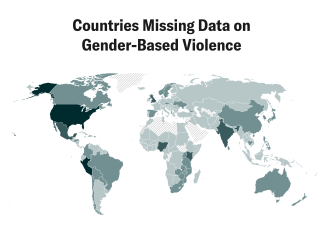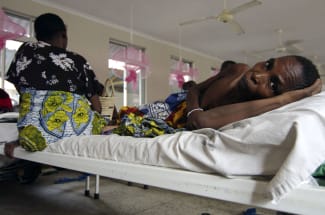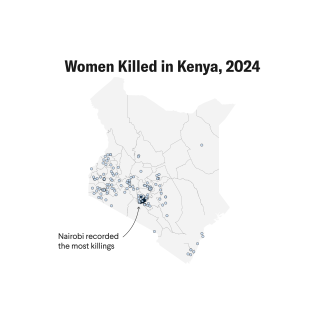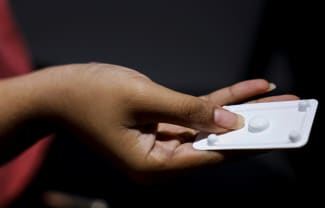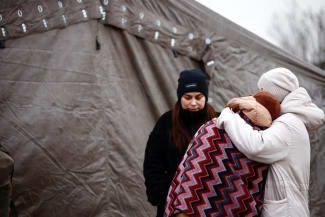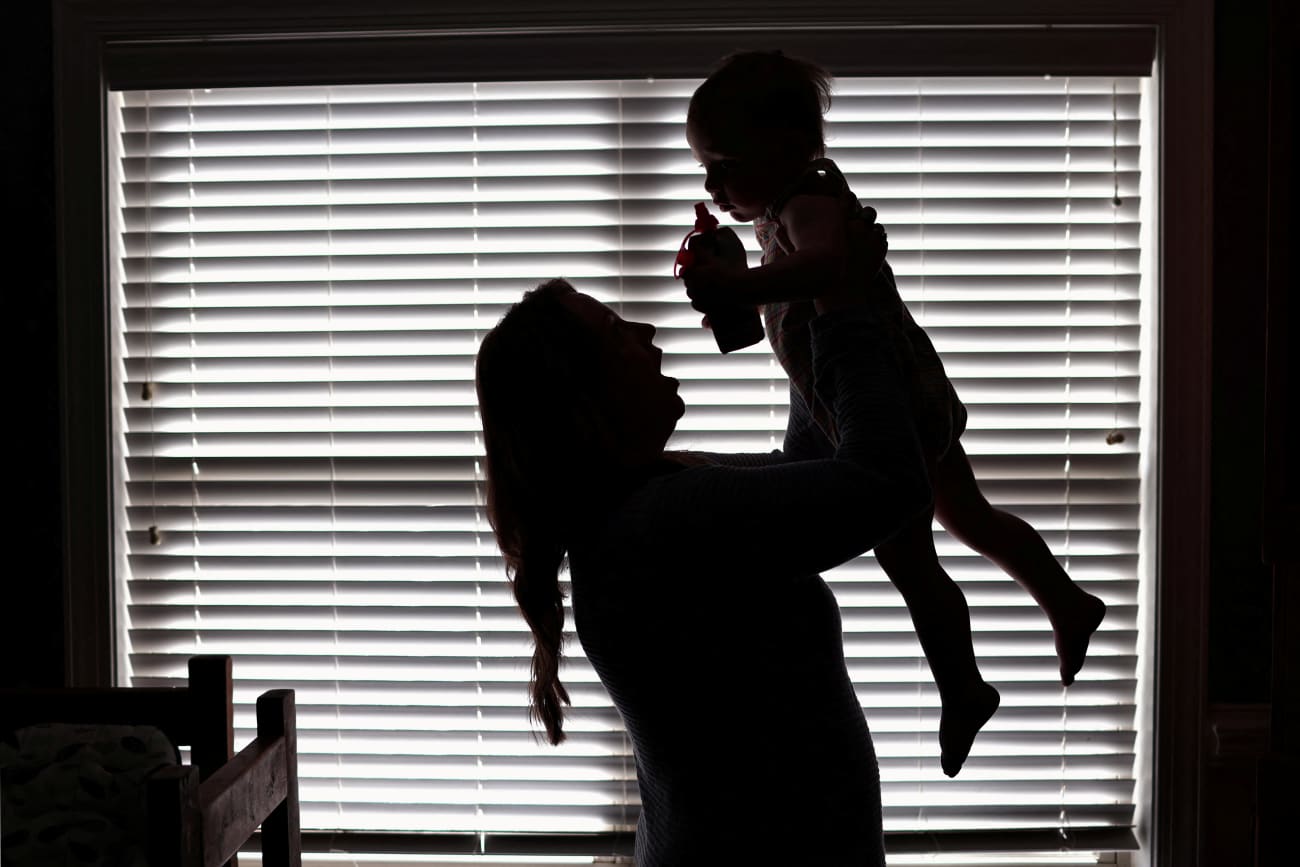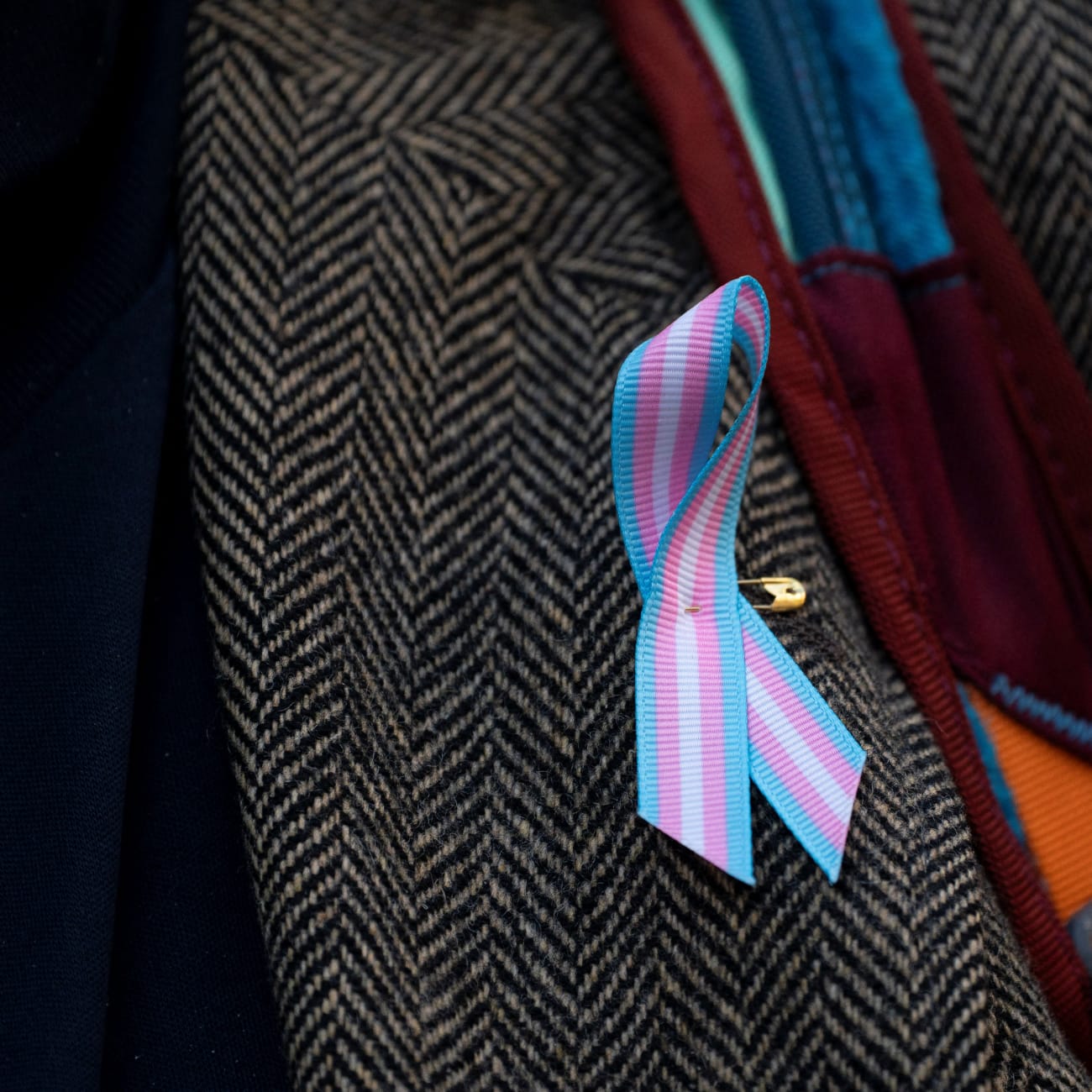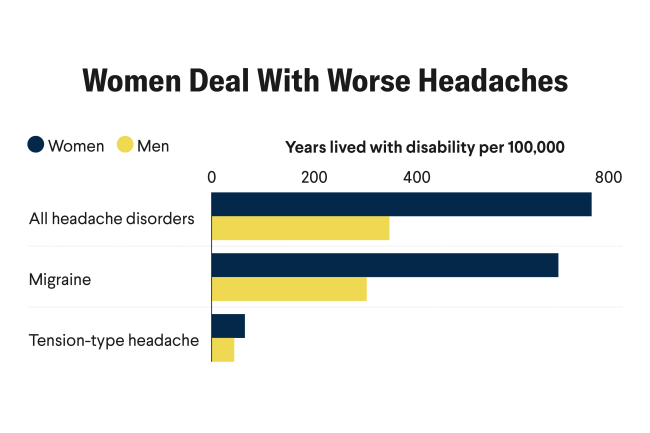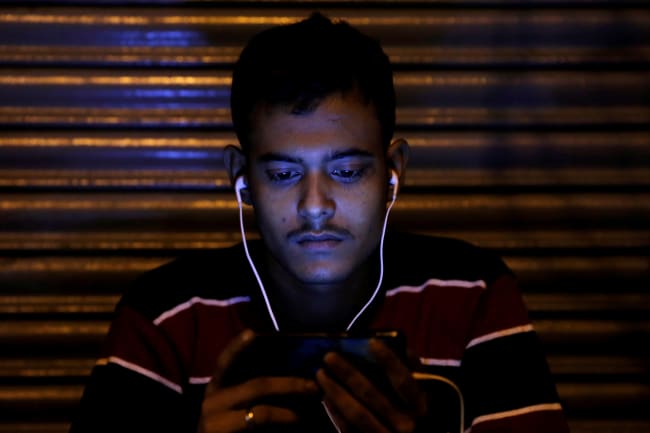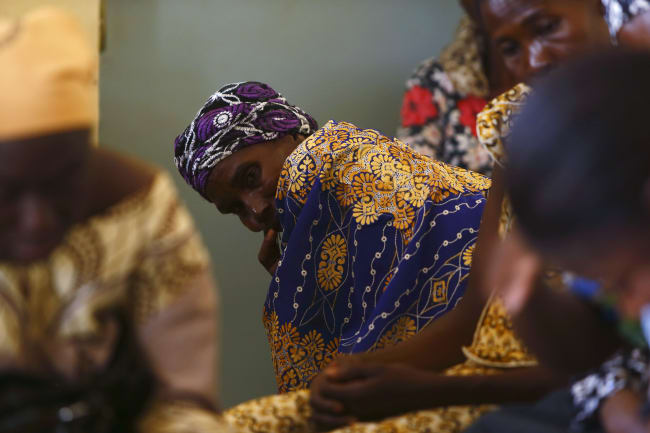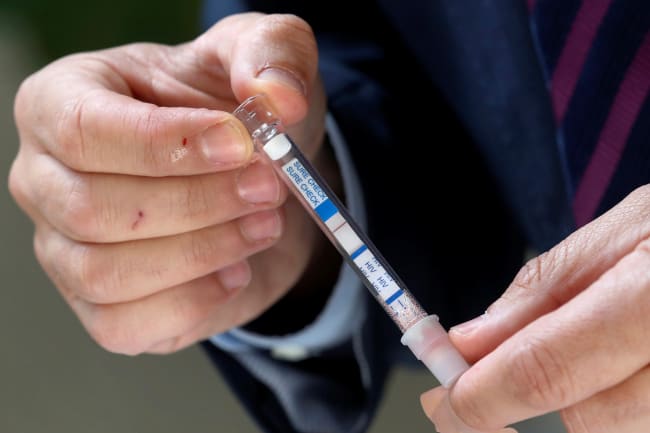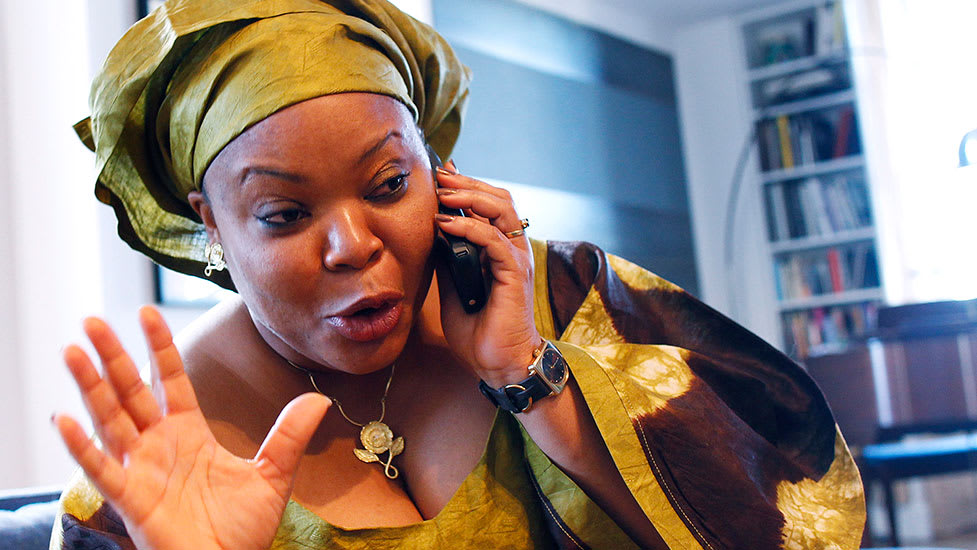
Gender
According to the United Nations, gender equality is fundamental to the achievement of the Sustainable Development Goals, affecting access to quality health care, exposure to health risks, and the outcomes of disease and disability—for children and parents alike. Improvements in health, from lower child mortality to greater access to reproductive care, can alter the power to access gender-related rights and freedoms. This section examines the new ways in which health and gender intersect and reinforce each other
Gender
Gender
Gender
The Money and Risks Behind Human Egg Donation
U.S. egg donation is a $400 million sector, but a dearth of federal oversight means some health risks go unmeasured
Gender
Using AI to Track Gender-Based Violence
by Erin DeGraw
